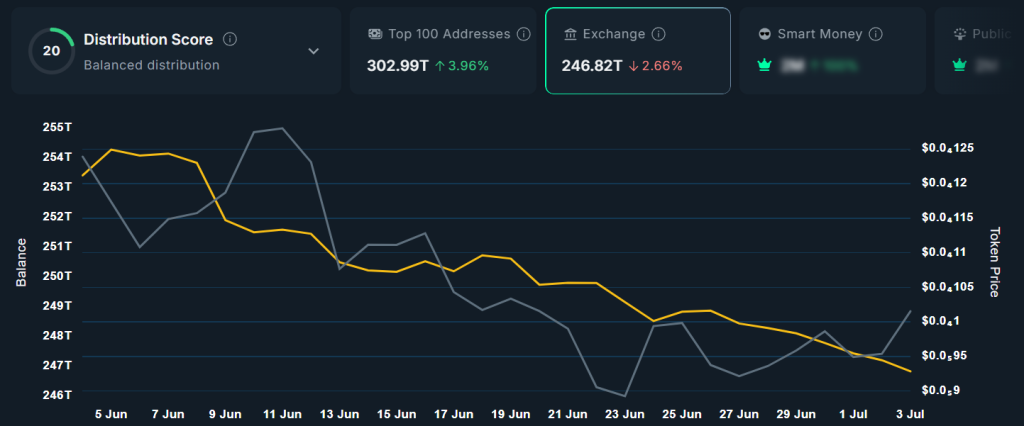Obesity is among the world’s most common health conditions, but for years medicine had few effective approaches to offer short of surgery. That’s why there’s been so much excitement about a new class of drugs that’s helping patients shed dozens of pounds at far lower risk. The mania over these drugs is drawing responses from businesses as varied as airlines, dialysis centers and big box chains, sending stock markets into a frenzy.
Novo Nordisk A/S’s Ozempic was publicized by Hollywood, where it also became a punchline, and now newcomer Eli Lilly & Co. is making a splash with Zepbound. The last time there was this much hype over a new drug was for Viagra, which was approved in 1998. Yet hurdles remain: These drugs cost a lot, insurance coverage is spotty and patients may need to take them indefinitely to avoid regaining weight.
How do these weight-loss drugs work?
Ozempic and a higher-dose version made by Novo Nordisk, called Wegovy, mimic a hormone, GLP-1, that’s released after eating and works in the brain to reduce appetite and increase feelings of satiety. The drugs, known as glucagon-like peptide 1 receptor agonists, were first developed for Type 2 diabetes. The hormone also prompts the pancreas to release insulin after meals, which brings down blood sugar, also known as glucose; people with diabetes have trouble regulating glucose levels. The drugs began to be used as obesity treatments after diabetes patients who took them lost weight. Eli Lilly’s Zepbound, the newest of the drugs, takes a slightly different approach, by combining GLP-1 with another gut hormone called glucose-dependent insulinotropic polypeptide, or GIP, that helps lower blood sugar and may also increase metabolism.
What drugs are available for weight loss?
So far, three GLP-1 injections have been approved for obesity treatment in the US: Saxenda and Wegovy, both from Novo Nordisk, and Zepbound from Eli Lilly. Some doctors are also prescribing drugs that are approved only for diabetes, including Novo Nordisk’s Ozempic and Eli Lilly’s Mounjaro, as “off-label” weight-loss medications. After Ozempic was popularized on social media platforms such as TikTok, with influencers boasting of weight loss, shortages developed. Drugmakers are racing to scale up production of the few medications approved so far and test new versions.
How effective are the weight-loss drugs?
Early versions of the GLP-1 drugs produced only modest weight loss when taken by people with diabetes. Newer drugs have built on that. A study of Saxenda, for instance, found that it induced loss of about 5% of body weight. The two medicines currently considered most effective are Wegovy, also known as semaglutide, which has been shown to reduce heart attacks and strokes; and Zepbound, which has the same active ingredient as Mounjaro. In trial results, they helped patients lose about 15% and 21% of their body weight, respectively. In the studies, the drugs also helped improve patients’ blood pressure and cholesterol levels. By comparison, bariatric surgery, in which the digestive system is modified to aid weight loss, can produce a 30% weight loss, but it is considered riskier and has a higher immediate cost. Novo said on Aug. 8 that, in comparison with a placebo, Wegovy reduced the risk of cardiovascular events by 20% in people who were obese or overweight and have a history of heart issues.
| Name | Manufacturer | Stage |
|---|---|---|
| Zepbound | Eli Lilly | Approved 2023 |
| Wegovy | Novo Nordisk | Approved 2021 |
| Saxenda | Novo Nordisk | Approved 2014 |
| Oral semaglutide | Novo Nordisk | Phase 3 |
| Benaglutide | Shanghai Benemae | Phase 3 |
| Mazdutide | Eli Lilly, Innovent | Phase 3 |
| CagriSema | Novo Nordisk | Phase 3 |
| AMG 133 | Amgen | Phase 2 |
| Danuglipron | Pfizer | Phase 1 |
Are weight loss drugs safe?
Since drugs in this category have been used for nearly 20 years to treat patients with diabetes, their safety profile is considered relatively well-established. Most of their known side effects aren’t serious, though they can be unpleasant: Between 25% and 45% of patients reported experiencing nausea, diarrhea, vomiting or constipation when taking Wegovy. In its safety information, the medication lists a potential risk of thyroid cancer, and people with a family history of certain serious conditions are advised not to take it. Patients may also experience inflammation of the pancreas or kidney injury. In September, the Food and Drug Administration added a warning to the label of Ozempic to account for reports of blocked intestines in some patients. That same warning also appears on labels for Wegovy and Mounjaro. But the new treatments haven’t been studied long-term in patients taking them for obesity. Experts have also said that for older patients, the loss of muscle from GLP-1 drugs might pose a risk.
What are their limitations?
Studies have found that patients who stop taking Wegovy regain a majority of their lost weight. That’s the drawback of almost all weight treatments: Dieters regain more than 80% of their lost weight within five years, sometimes adding more, while as much as a quarter of those who undergo bariatric surgery experience significant weight regain.
What are other barriers to wider use?
The biggest one may be price. Wegovy costs about $1,400 a month in the US, a price that so far falls mainly on patients: Only 20% to 30% of privately insured patients have coverage for the drugs, and the Medicare insurance program for the elderly doesn’t cover obesity drugs at all. Coverage is also limited abroad, though payers in some countries, like Canada, Switzerland and Colombia, will reimburse for Saxenda in some cases. The financial burden and side effects suggest that few would be able to use obesity drugs for life. But progress is already being made on price: Eli Lilly says it plans to charge in excess of 20% less for Zepbound than Novo Nordisk charges for Wegovy, or about $1,060 a month. Novo Nordisk sometimes offers rebates for Wegovy that effectively cut the price. Some state health plans are already struggling to pay. North Carolina, for example, is cutting off coverage of anti-obesity medications for state employees.
What’s next?
The success of these drugs has set off a boom in research. There are now more than 50 anti-obesity drugs in clinical development from about 40 companies, according to Bloomberg Intelligence. Many target GLP-1 and other hormones, including GIP, glucagon and amylin. Other drugmakers, including Pfizer Inc. and AstraZeneca Plc, are working on weight-loss drugs that can be taken as a pill rather than injected. Sales of anti-obesity drugs, which reached $6 billion on an annualized basis in 2023, could reach more than $100 billion globally by 2030, according to Goldman Sachs Group Inc.
Credit: Source link











